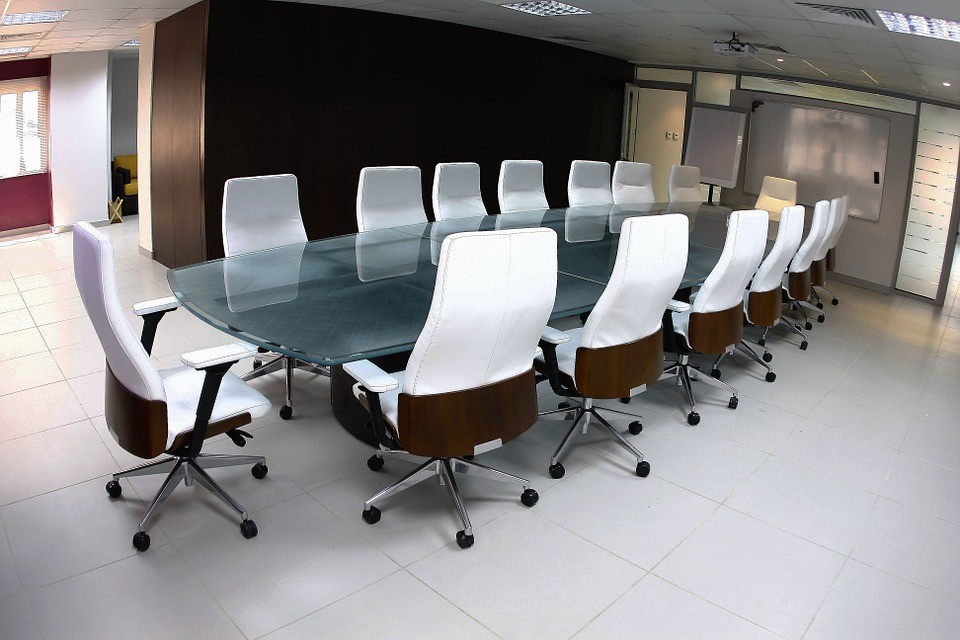Image Credit: Pixabay
The right location can work wonders for a business. A downtown location would make your employees feel like they’re working at the pulse of human activity. An office surrounded by woodlands would be great for medical practices or any field that requires a tranquil environment.
You’ll also need to consider the costs of maintaining office space. Will you be co-working with other business office tenants? And the most important question-Do you have the budget to cover a traditional business office lease?
Moving your business into a physical location proves your legitimacy. Naturally, you want to hold onto that space in a professional way that benefits your team and the landlord. Here are a few facts about leasing office space.
Affordability
Scanning classified ads marked for homes for sale in El Paso, Texas or your local newspaper will give you a spectrum of prices. A traditional lease can cost upwards of $2,000 per month. No office would be complete without basic supplies- desks, chairs, computers, printers, paper & ink, and conference tables. All of this will balloon the cost to $2,500 or more.
Decisions like these are why business plans are a valuable tool to the upstart entrepreneur. Set a budget of how much you wish to spend on monthly costs and where it should be spent. Check your lease to make sure if any utilities, data plans, or landscaping services are covered. Create a year-to-date record on Microsoft Excel for an easy reference.
Cohabitation
A common way to cut costs is to co-work with another company who is renting out office space. Office brokerages like Instant Office provide executive suite workspace to companies in metropolitan areas. Co-working with another business can be a matter of sharing costs on workspace to reduce monthly rental fees.
One major drawback with coworking is personal growth. Either one or the other company may decide to expand. The leasing process entitles both companies to an “as-is” workspace. Certain services, such as conference rooms, would have to be made available for extra fees. Your business cannot risk having limited resources because the other is too big to share.
Development
Depending on the life of the lease, you may want to expand your workspace. This could mean major renovations to the property. It could be major work like a new addition to the building, or as small as a few cubicles.
Companies interested in expansion often go for a ground lease. Long-term commercial ground leases differ from workspace rental because the tenant leases the land, not the property. The tenant is responsible for all costs including construction. Construction could be financed through leasehold financing.
Amenities
Downtown businesses function like a pulse because of how each business is incorporated. Around the corner from your office could be a coffee shop, newsstand, drug store, and two or three restaurants. It would also be an extra benefit to have a bank closely. These amenities sweeten your team’s work day.
If you don’t have a team, choose an area that will draw talented people to you.




